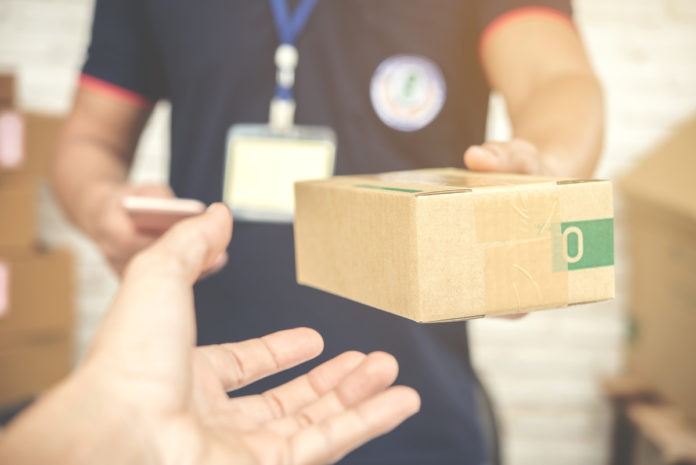Has the internet shopping boom during lockdown tempted more customers to tell fibs about not receiving their parcels?
Retailers stand to lose out when consumers claim their online shopping has gone missing.
An equestrian store owner, who asked to remain anonymous, contacted BETA to say: “There appears to be a steep uptick of people trying to ‘pull a fast one’.
“I’m trying to make sure I stay legal and helpful; but on the other hand, I don’t want to have the mickey taken!”
The issue centres on deliveries to a ‘safe place’. This usually means a customer opting to have a parcel left somewhere with a disclaimer that it’s at their own risk.
To overcome Covid-19 social distancing requirements - which prevent recipients physically signing for parcels - some couriers photograph where the package has been left as evidence.
Others leave parcels out of sight if there’s no-one in. Nearly all put a card through the letterbox.
Then there are the stories about parcels being left in wheelie bins due to be emptied the same day…
So how do retailers fare when a customer demands a replacement, or even their money back, due to a parcel “not being delivered” or “going missing”?
Who is responsible?
BETA’s legal advice is that if a customer opts in to leaving a parcel in a ‘safe place’, they are responsible for it. This is because the customer is effectively deciding on the way it is to be delivered. And from that point, it is the customer taking the risk - not the retailer.
This being the case, it is unlikely that a retailer should feel compelled to offer a replacement or refund should the parcel go missing.
Retailers should replace items, however, if a parcel is left in a customer’s 'safe place' without their specific instruction and it is subsequently stolen. In this case, you – the retailer – has breached your contract with the consumer.
As a matter of good practise, BETA recommends retailers check the clarity of their terms and conditions to ensure customers don't unwittingly agree to ‘safe place’ delivery when accepting Ts and Cs on placing an order.
It’s always worth remembering that a consumer’s contract to purchase an item from you is with you, the retailer, and not with the courier.
Any subsequent dealings you have with your courier should be kept separate from those involving the consumer.

A benefit of BETA membership is free access to a legal helpline. Find out more at www.beta-uk.org or tel 01937 587062.

















